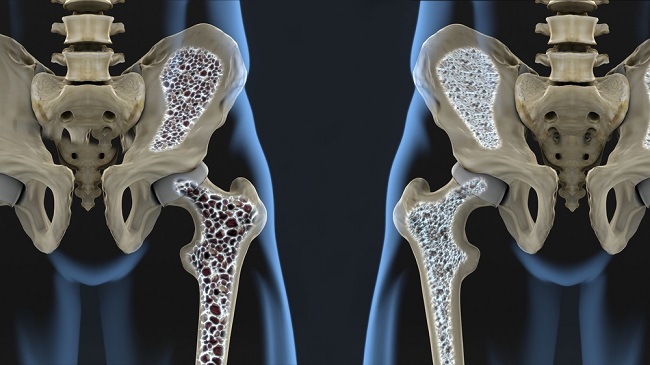Tooth extraction is one of the most feared medical procedures. There are various assumptions which state that tooth extraction is dangerous. and one of which is that it can cause eye damage up to toblindan.
Not only in Indonesia, the assumption that tooth extraction can make blind eyes also develops in other countries, such as India. However, this is just a myth. The nerves in the teeth and eyes are distinct and not directly connected, so the extraction will not affect the nerves in the eye.

Let's look at the discussion of what conditions make dentists recommend extracting teeth. And as a patient, what conditions do you need to consider before deciding to have a tooth extracted.
Reasons for Tooth Extraction
Of course, the dentist will conduct an examination first in order to assess whether or not the tooth is extracted, and usually, the dentist will also treat the problematic tooth before finally deciding to remove the tooth. Some of the conditions that make tooth extraction necessary are:
- Severe cavities.
- Broken teeth due to impact.
- The fracture of the jawbone and tooth is located on the fracture line.
- Toothache due to infection at the root. Tooth extraction is performed if the patient is unable to undergo root canal treatment, or has undergone it but was unsuccessful.
- Loose teeth due to tissue death in the space where the teeth attach.
- Excess number of teeth.
- The position of the teeth is not normal and causes injury to the surrounding tissue.
- Teeth that are in close proximity to dangerous tissue abnormalities, such as cancer.
In addition to abnormalities in the teeth or surrounding tissue, tooth extraction is also performed for aesthetic considerations, which is usually done in braces treatment, so that one's teeth look neat . Tooth extraction is also often chosen by patients for reasons of cost. Expensive dental care costs make a person decide to extract a tooth, rather than doing the treatment.
Conditions that need to be considered before tooth extraction
Although tooth extraction can not cause blindness, there are some visual disturbances that can appear, but only temporary.
In addition, tooth extraction is also at risk of causing a number of complications. One of them is impaired wound healing in the tissue where the tooth was extracted. This condition is called dry socket or alveolar osteitis, and makes the sufferer feel great pain.
To reduce the risk of complications, tooth extraction procedures should only be performed by a dentist. If you are or have ever suffered from certain diseases, first inform your dentist before pulling teeth. These diseases include:
- Diabetes, especially blood sugar has not been controlled.
- Hypertension.
- Congenital heart defects.
- Heart valve abnormalities.
- Adrenal gland disease.
- Liver disease.
- Thyroid gland disease.
- Endocarditis disease.
- Immune system disorders, such as HIV.
Also tell your doctor if you are pregnant or taking blood-thinning medications (eg aspirin).
After the tooth extraction is complete and the anesthetic effect wears off, you will feel pain. But this is a natural thing. The wound healing process will take place within 1-2 weeks. To speed healing and prevent complications, don't rinse your mouth too hard, don't drink through a straw for the first 24 hours, and don't smoke. If you have fever, chills, nausea, bleeding that won't stop, chest pain, or shortness of breath, call your dentist right away.
Written by:
drg. Arni Maharani (Dentist)









